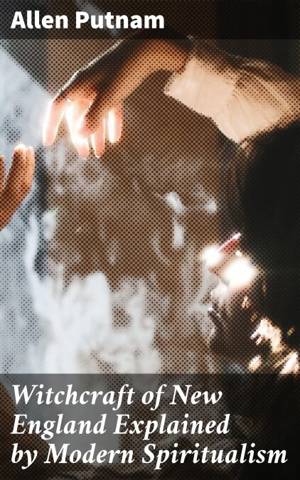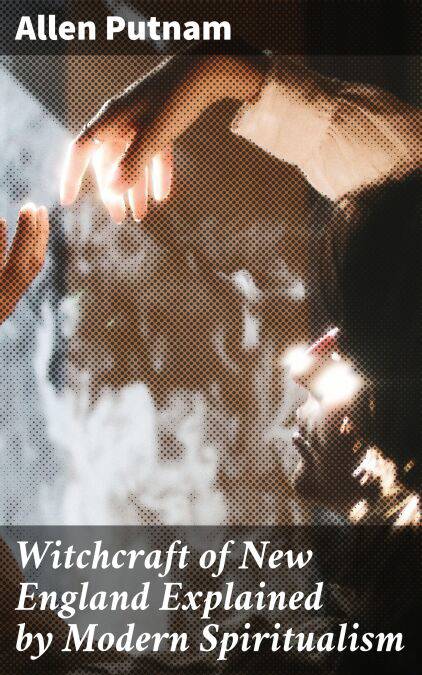
- Afhalen na 1 uur in een winkel met voorraad
- Gratis thuislevering in België vanaf € 30
- Ruim aanbod met 7 miljoen producten
- Afhalen na 1 uur in een winkel met voorraad
- Gratis thuislevering in België vanaf € 30
- Ruim aanbod met 7 miljoen producten
Zoeken
Witchcraft of New England Explained by Modern Spiritualism E-BOOK
Unraveling Witchcraft's Legacy in New England
Allen Putnam
E-book | Engels
€ 0,49
Omschrijving
In "Witchcraft of New England Explained by Modern Spiritualism," Allen Putnam delves into the historical phenomenon of witchcraft in New England, illuminating its intricate relationship with contemporary spiritualist beliefs. The book is a remarkable synthesis of historical analysis and personal narrative, employing a clear yet evocative literary style that presents both the theological and sociocultural facets of witchcraft. Rooted in the mid-19th century context of rising spiritualism, Putnam juxtaposes the witch trials of the past with modern understandings of spirituality, offering a critical examination of the societal fears and religious fervor that fueled these events. Allen Putnam was a prominent figure in the spiritualist movement and an ardent advocate for the merging of science and spirituality. His background in theological studies and deep involvement in the spiritualist community informed his perspective, leading him to explore how the historical misinterpretations of witchcraft intersect with contemporary spiritual beliefs. This duality reflects his desire to bring clarity to a misunderstood subject and to challenge the prevailing narratives surrounding witchcraft. Readers interested in the historical dynamics of early American spirituality will find this book enlightening. Putnam'Äôs thorough research and compelling arguments not only offer a captivating look at witchcraft in New England but also encourage a more nuanced view of the evolution of spiritual beliefs. This work is highly recommended for scholars, students, and anyone intrigued by the intersections of history, religion, and society.
Specificaties
Betrokkenen
- Auteur(s):
- Uitgeverij:
Inhoud
- Aantal bladzijden:
- 389
- Taal:
- Engels
Eigenschappen
- Productcode (EAN):
- 4057664563606
- Verschijningsdatum:
- 3/12/2019
- Uitvoering:
- E-book
- Beveiligd met:
- Digital watermarking
- Formaat:
- ePub

Alleen bij Standaard Boekhandel
Beoordelingen
We publiceren alleen reviews die voldoen aan de voorwaarden voor reviews. Bekijk onze voorwaarden voor reviews.











